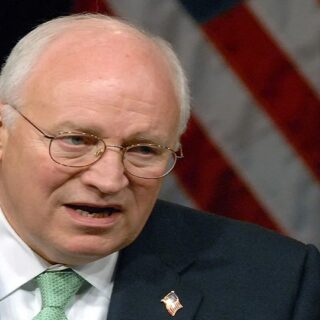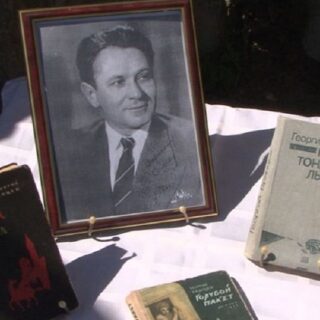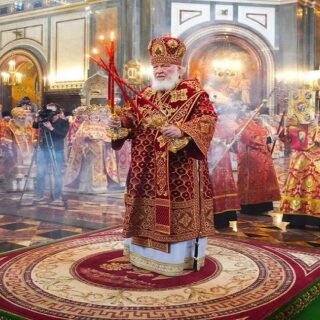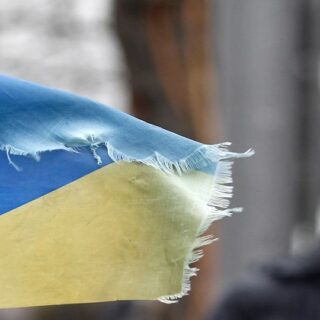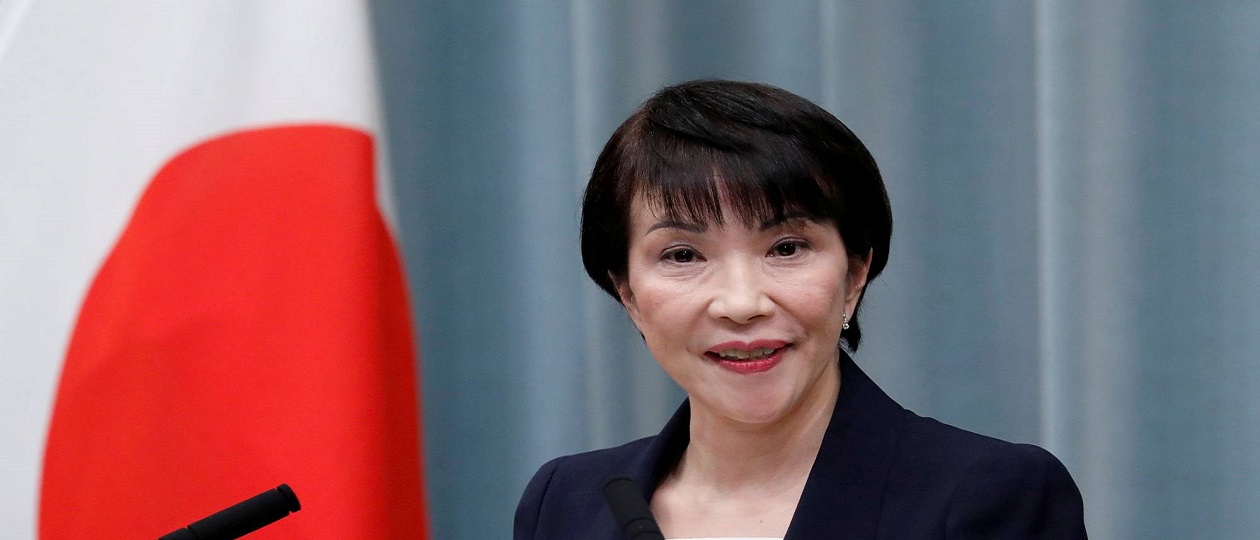
Economic security minister Sanae Takaichi’s distribution of documents outlining her policies among Liberal Democratic Party members has sparked a controversy in the party’s presidential race, in which she is a candidate.
Prime Minister Fumio Kishida, who is the incumbent party president, met with Hiroshi Moriyama, the chair of the LDP’s General Council, at its headquarters Tuesday to discuss the controversy.
On Sept. 4, the LDP issued a notice to ban the mailing of documents and other materials as part of its effort to ensure a “cost-effective leadership race.”
Takaichi, who argued that the pamphlet was unrelated to the leadership race and that the mailing process had been completed before the notice was issued, was given a verbal warning by the party on Sept. 11.
However, criticism against Takaichi intensified within the party, with some describing her actions as “unfair” and that they could influence the outcome of the presidential race.
On Tuesday, Kishida and several other party leaders agreed that further action was necessary and requested Ichiro Aisawa, the party’s election committee chair, to review the matter.
One attendee of the Tuesday meeting expressed concern over Takaichi’s actions, saying, “The legitimacy of the leadership race could be called into question.”
Also present at the Tuesday meeting were LDP policy chief Kisaburo Tokai and Yuko Obuchi, chair of the party’s election strategy committee.
The meeting also discussed allegations concerning the use of automated calls to solicit backing in the presidential race, which the party has banned.
Meantime, suspected organizational ties between the ruling Liberal Democratic Party and the Unification Church continue to haunt the party ahead of its Sept. 27 presidential election.
On Tuesday, the Asahi Shimbun daily published a photo purporting to show a meeting between then-LDP President and Prime Minister Shinzo Abe and a senior official of the religious group at the party’s headquarters ahead of the 2013 House of Councilors election.
The photo also showed former Defense Minister Nobuo Kishi, the younger brother of Abe, and former LDP policy chief Koichi Hagiuda, who was a close aide of his.
Asked whether the party had any organizational ties with the group, Prime Minister Fumio Kishida told reporters Tuesday, “We have explained the relationship between the party and the Unification Church many times and have nothing to add at this stage.”
In September 2022, several months after the assassination of Abe, the LDP released the results of a survey of its lawmakers on their relations with the religious group, and LDP Secretary-General Toshimitsu Motegi said at the time, “As a party, we have no ties (with the group).”
The Unification Church’s controversial activities came to light after Abe was shot dead in July 2022 by a man who reportedly had a grudge against the group and believed that Abe had close ties with it.
In the ongoing LDP leadership campaign, the Unification Church issue has been little discussed. Among the nine candidates, former economic security minister Takayuki Kobayashi has said, “I will maintain the Kishida administration’s stance,” while former Environment Minister Shinjiro Koizumi has said, “I will sever ties (with the group).”
But candidates in Sept. 23 presidential election of the main opposition Constitutional Democratic Party of Japan (CDP) were quick to seize on the photo in question.
“The darkness has surfaced from the depths (of the LDP),” incumbent CDP president Kenta Izumi told reporters, urging the LDP to consider reinvestigating the matter.
“I want to know the (LDP) leadership candidates’ positions” on the issue, former CDP leader Yukio Edano said on social media platform X.
Former Prime Minister Yoshihiko Noda stressed the need to discuss ties between the LDP and the Unification Church at an extraordinary session of parliament that would be convened to elect a new prime minister. “If (the LDP) tries to hold a general election while covering up inconvenient facts, it would draw a public backlash,” he said.


